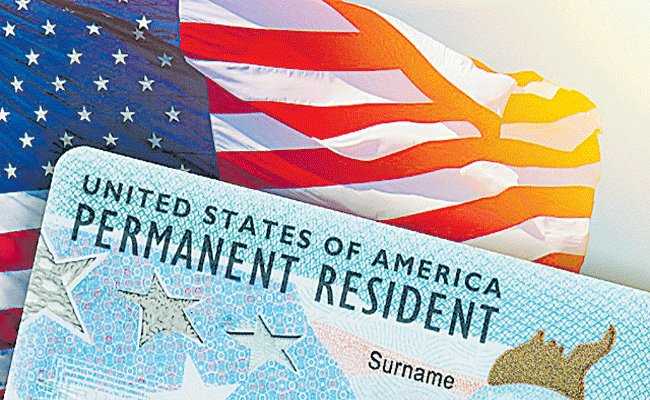
The U.S. Citizenship and Immigration Services (USCIS) has rolled out new guidelines aimed at increasing scrutiny of family-based immigrant visa petitions, especially those based on marriage.
Effective August 1, the updated rules are designed to prevent fraudulent applications and ensure that only genuine relationships result in green card approvals.
Published in the USCIS Policy Manual under the section “Family-Based Immigrants,” the guidance applies to both pending and new petitions.
“Fraudulent, frivolous, or otherwise non-meritorious family-based immigrant visa petitions erode confidence in family-based pathways to lawful permanent resident (LPR) status,” USCIS stated.
The agency emphasized that it will now evaluate applicants more thoroughly to detect potentially false claims and ensure the safety and integrity of the immigration system.
Key Changes in the Policy
The new policy introduces several stricter procedures:
Enhanced eligibility checks and review processes for all family-based petitions.
Clear documentation requirements: Couples must provide strong evidence of a genuine marriage, such as shared finances, photos, and affidavits from family and friends.
Mandatory in-person interviews to evaluate the authenticity of the relationship.
Review of prior petitions, especially if the same sponsor or beneficiary has filed multiple applications.
Closer examination of immigration history, particularly for those already in the U.S. on other visas (e.g., H-1B).
Even if a petition is approved, USCIS may issue a Notice to Appear (NTA) for removal proceedings if the applicant is otherwise ineligible.
USCIS clarified that approval of a family-based petition does not shield a beneficiary from deportation if other violations are found.
“This guidance will improve USCIS’ capacity to vet qualifying marriages and family relationships to ensure they are genuine, verifiable, and compliant with all applicable laws,” the agency said.
Stronger Evidence and More Interviews
For example, a U.S. citizen sponsoring a foreign spouse—such as someone from India—must now submit extensive documentation of their relationship, including joint bank accounts, lease agreements, and possibly letters from acquaintances. Interviews will be more detailed, focusing on whether the couple genuinely knows each other.
Any red flags—such as repeated sponsorships by the same U.S. citizen or inconsistencies in immigration records—could lead to deeper investigations or deportation proceedings.
Trigger for the Policy Change
The crackdown follows a string of marriage fraud cases, including one involving Indian national Aakash Prakash Makwana. In May, Makwana pleaded guilty to entering into a fake marriage after overstaying his J-1 visa. He submitted false documents to claim cohabitation and even fabricated domestic abuse allegations to secure permanent residency.
USCIS says the updated policy is part of a broader effort to restore faith in the family-based immigration system while protecting U.S. interests.













